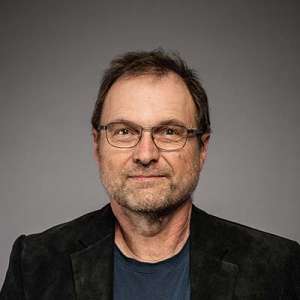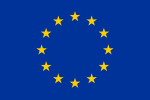Project
FER-PLAY
The objective of FER-PLAY is to reduce the environmental impact of European agriculture through the use of alternative fertilisers made from secondary raw materials. In addition, the project aims to reduce the dependence on imports and to promote the further development of the circular economy. During the course of the project, the FER-PLAY consortium will evaluate alternative fertilisers to promote awareness of their multiple benefits and acceptance among key stakeholders. FER-PLAY is funded by the EU.
The use of conventional synthetic fertilisers has a negative impact on the environment, both during production and use. These fertilisers are based on finite, often imported resources and often require an energy-intensive production process. In this context, alternative fertilisers (fertilisers produced from secondary resources such as treated manure, municipal and industrial wastewater, biowaste, biological by-products, sewage sludge and digestate) offer a way to reduce the environmental impact of fertilisers during production and application. By closing the loop between domestically available resources and needed nutrients, alternative fertilisers enable a more efficient and competitive industry and contribute to a more robust and safe food system.
FER-PLAY facilitates the uptake of alternative fertilisers in the EU and demonstrates the potential and positive impact of these to encourage wider adoption. Many alternative fertilisers are already well-established in organic farming. However, many organic farms also have a negative nutrient balance, especially for phosphorus. As organic farming grows, therefore, as many resources as possible must be used from the cycle. The approval of struvite in the EU and Naturland standards is one step in the right direction. FER-PLAY examines seven fertilisers more closely in life-cycle assessments. Among them are the fertilisers permitted in organic farming: struvite, feather meal, organic compost, champost and biogas substrate.
Duration: 2022 - 2025 (2.5 years)


This project is funded by the European Commission in the framework of Horizon Europe in the programme "Food, Bioeconomy, Natural Resources, Agriculture and Environment" (project no. 101060426) with a total of 2 million euros.
© Header image: Naturland